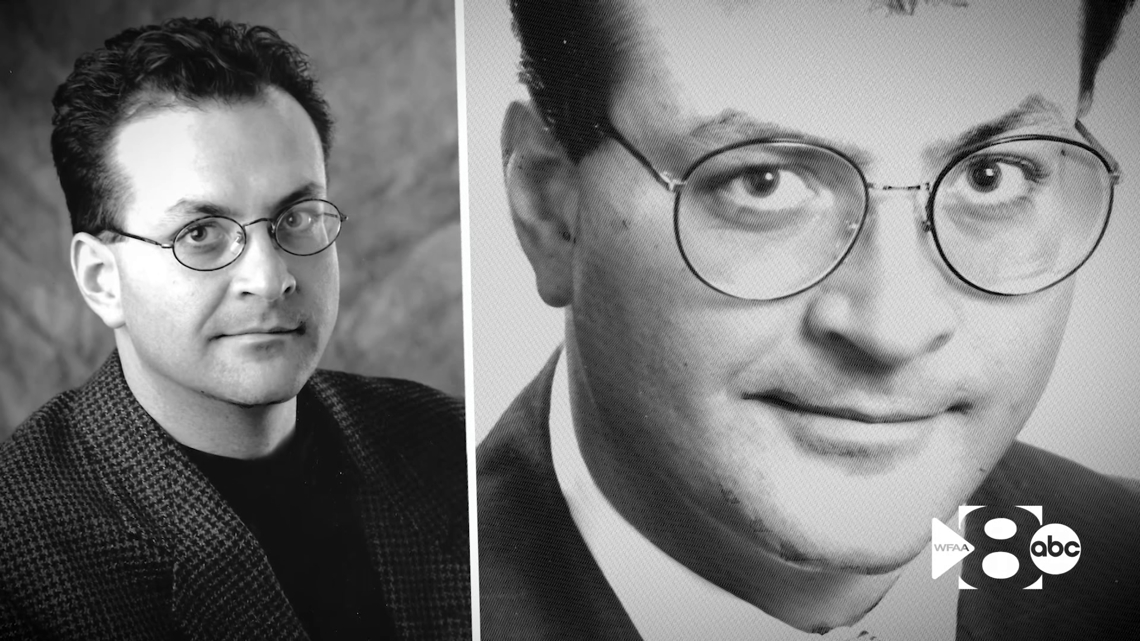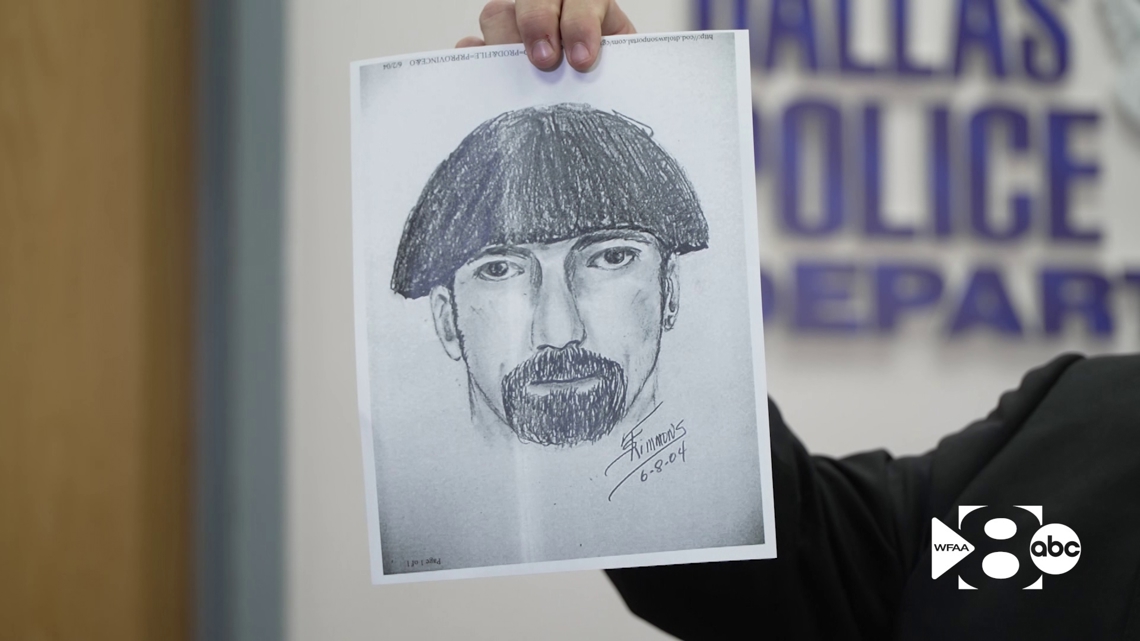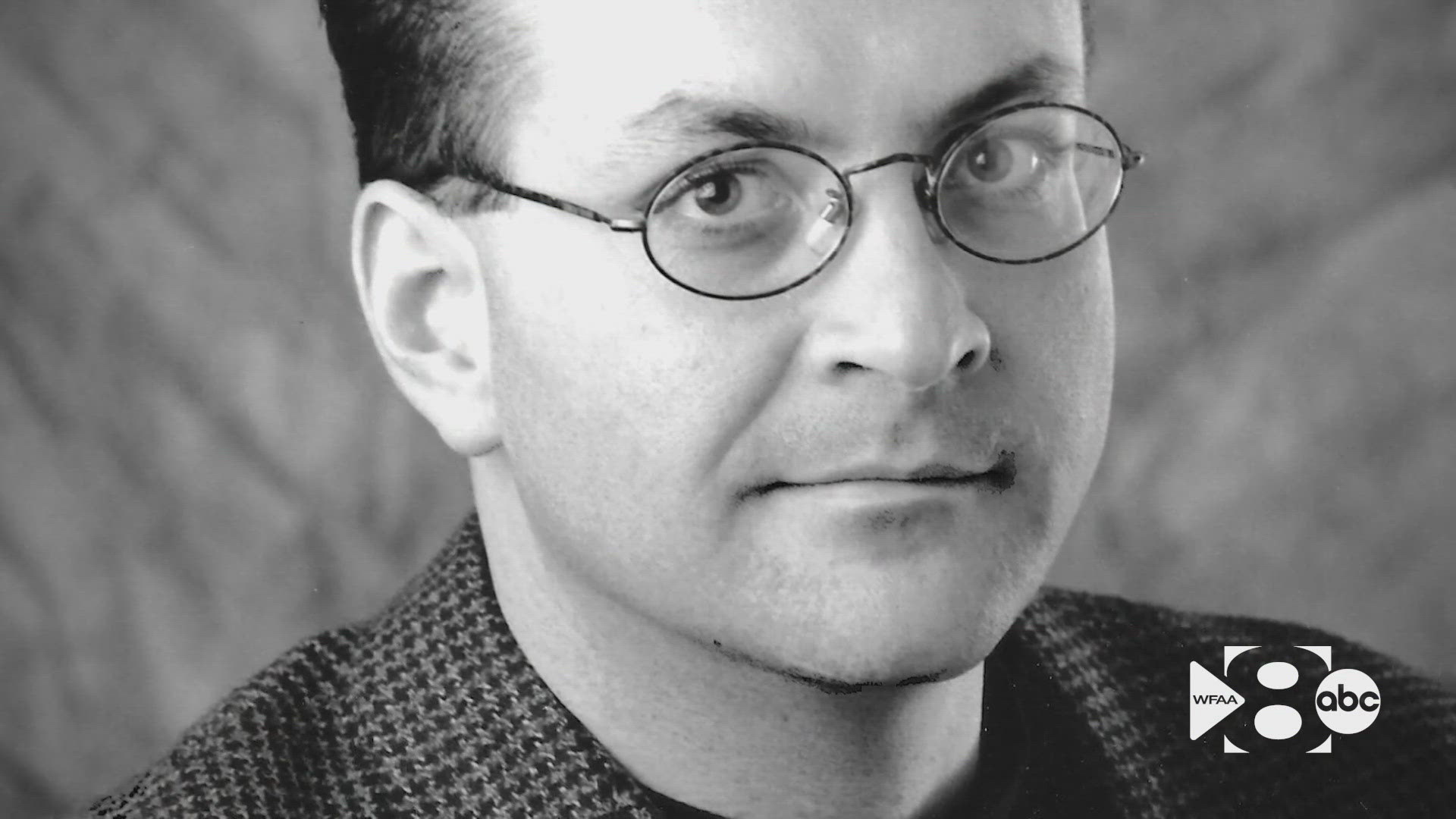DALLAS — In June of 2004, Dallas was shaken by the brutal murder of Larry Wheat, a high-profile planning commissioner known for his influential connections and active role in the city's development.
His death remains a vivid memory for those who knew him, and for his family, it has become a haunting reminder of the lack of justice in the years since.
Larry Wheat, openly gay, was beloved by his family and friends, but his murder raised unsettling questions. His family believes he may have been targeted due to his sexuality, a suspicion fueled by a string of murders within the LGBTQ community at the time. With several similar cases, many feared a serial killer was on the loose. However, investigations ultimately failed to link the cases, and police were left without clear answers.
Elise Kail, Larry’s sister, expressed her frustration at the lack of progress in the case, stating, "It's disheartening that after 20 years, we still are no further along than we were a week after it happened."
A Community in Fear
The LGBTQ community in Dallas was on edge as rumors of a serial killer swirled. Police had even established a task force to look into the cases, but there was no conclusive evidence that connected them. Detective Marc Bird, who is now in charge of the case reviewed it.
"The original detectives did get a lot of tips coming in saying they’re possibly related. I know the case file that we have reviewed—there were six tips that came in. Four of those were completely unrelated, people had been convicted in those murders," Detective Bird said.
Despite the fears, police did not believe Wheat’s death was a hate crime. They suspected that the killer was someone Larry knew or someone he had recently met.
“There was no sign of forced entry or anything else that suggests there was like a home invasion or any kind of targeted attack. It was still believed at the time it was an acquaintance," Detective Bird said.
Remembering Larry
Larry Wheat was popular in Dallas social circles. His mother, Frances Wheat, recalls how he showed artistic promise from a young age.
“He was creative from the time he could pick up a Crayola and he loved to draw on anything," Frances said.
His talents were not limited to drawing; Larry was also an accomplished musician and loved playing the piano, even performing in a symphony. His family shared a video of him playing the piano, a reminder of the life that was taken too soon. They also remember his love for painting, a hobby that brought him much joy.


The Crime Scene
Larry Wheat’s murder took place in his apartment in what is now known as the Cedars area of Dallas.
He was found beaten to death, and the details surrounding his death were chilling. A neighbor heard screams coming from Larry’s apartment and saw a man exiting the building. After the man left the neighbor looked through a window to discover Larry’s body inside.
Detective Bird explained the unusual interaction: “He asked him for directions on how to get out of Mr. Wheat's apartment. That neighbor ended up escorting him out through the gate, and afterward, they ended up looking through a window and saw Mr. Wheat deceased inside of his apartment.”
A Devastating Call
For Larry’s mother, Frances, the news of his death came in the most devastating way possible. She received the heartbreaking call from her sister, who lived in Dallas, while Frances was still in West Texas.
“She told me to sit down. She had news that was going to be hard. She said the police came to visit and they told her that Larry had been killed,” Frances recalled.
Despite the urgency and trauma of the situation, the investigation initially lacked crucial evidence. There were no signs of forced entry, no DNA or fingerprints left behind, and no surveillance footage to help lead police to the killer. However, a composite sketch of the suspect, based on the neighbor’s description, was created. The witness described the man as either white or Hispanic but was unsure of his ethnicity.


Unanswered Questions
The Wheat family has long felt that Larry’s case was not given the attention it deserved by the original detectives. They suspect that his sexuality may have contributed to the lack of urgency in the investigation.
"Unbelievable. It just seems beyond me that they can’t find something," said Larry’s sister, Elise.
However, the current team of detectives insists that they have taken the case seriously. Detective Bird reassured the family and the public, saying, “That’s not something we just do overnight or anything. And I can assure you we take every single murder seriously, regardless of anything.”
A Plea for Justice
Now, as the case reaches its 20-year mark, police are still hoping for a breakthrough. Detective Bird emphasized that, often, a killer will confide in someone, and they are hoping that someone with knowledge of the crime will come forward.
"We just need that person to come forward," Detective Bird said.
For Elise, the pain of the unresolved case remains.
“I think it would be just providing us peace,” she shared. “We’re not out for revenge or anything like that. We just want peace of heart to know that this isn’t going to happen to anybody else by the same individual.”
While the case remains open, the Wheat family holds onto the hope that justice will one day be served, and the person responsible for Larry’s death will be brought to justice. Until then, they continue to remember a talented, loving man whose life was tragically cut short.

